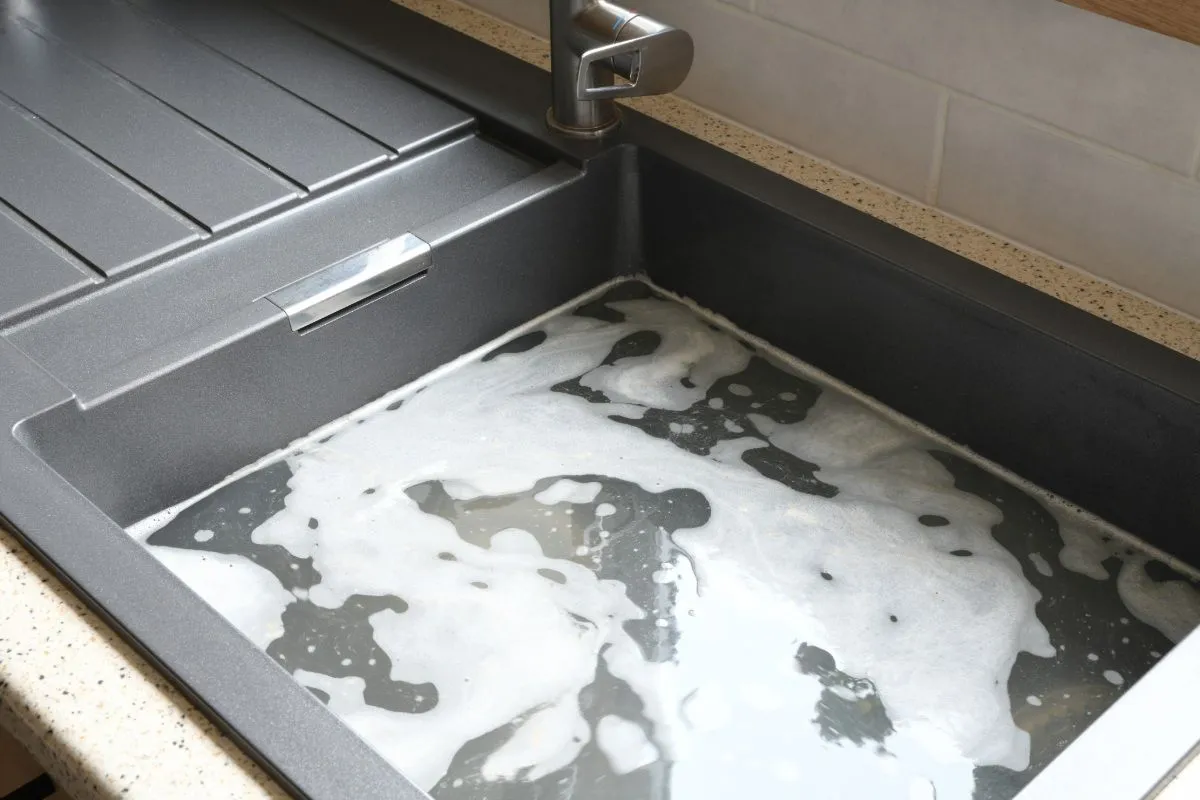The hidden risks of misusing your sink
Everyday kitchen habits can lead to blocked drains and plumbing headaches. For instance, cooking oils are often dumped down the drain without much thought. But once these oils cool, they harden and stick to the pipe walls, forming a sticky layer that catches other debris. In the same way, flour mixed with water can turn into a cement-like compound inside pipes, forming tough clogs. Even coffee grounds, which seem harmless, gradually build up and combine with other residues to create stubborn blockages.
It’s not just food waste that causes trouble. Non-food items also add to problems when tossed in the sink. Medications that get flushed away can mess with aquatic ecosystems (and they complicate wastewater treatment). Then there’s hair, which, aside from being a nuisance in the drain, mixes with other materials to make persistent clogs. Liquid chemical products may look safe to wash down, but they can harm pipes and disturb water systems.
How our habits affect the environment and what to do about it
When we dump things the wrong way, the problems go far beyond just our plumbing. Items like wet wipes, which don’t break down easily, are well-known for clogging both home drains and city sewage systems. Likewise, unused or improper cleaning products can be pretty harmful to the environment if not disposed of properly.
So, what can we do? Start by looking into greener ways to get rid of waste. Composting is a great option for dealing with food waste like flour and coffee grounds. For used cooking oils, it’s better to store them in a container and take them to a collection center instead of pouring them down the drain. For items that don’t biodegrade, such as wet wipes or chemical products, these should be tossed in proper trash bins or taken to special collection sites.
Simple steps for lasting benefits
Changing everyday habits can help you avoid expensive plumbing repairs and keep your home’s systems running smoothly. Little changes—like composting kitchen scraps or disposing of chemicals correctly—play a big role in keeping your pipes clear and protecting the environment.
We often think of sinks as easy spots to dump waste, but that habit can end up causing blocked pipes and expensive repairs. By rethinking how we use our sinks and paying more attention to what we flush away, we’re not just taking care of our plumbing; we’re also looking out for the world around us. Next time you go about your routine, remember that a few mindful changes can make a big difference for your home and our future.
